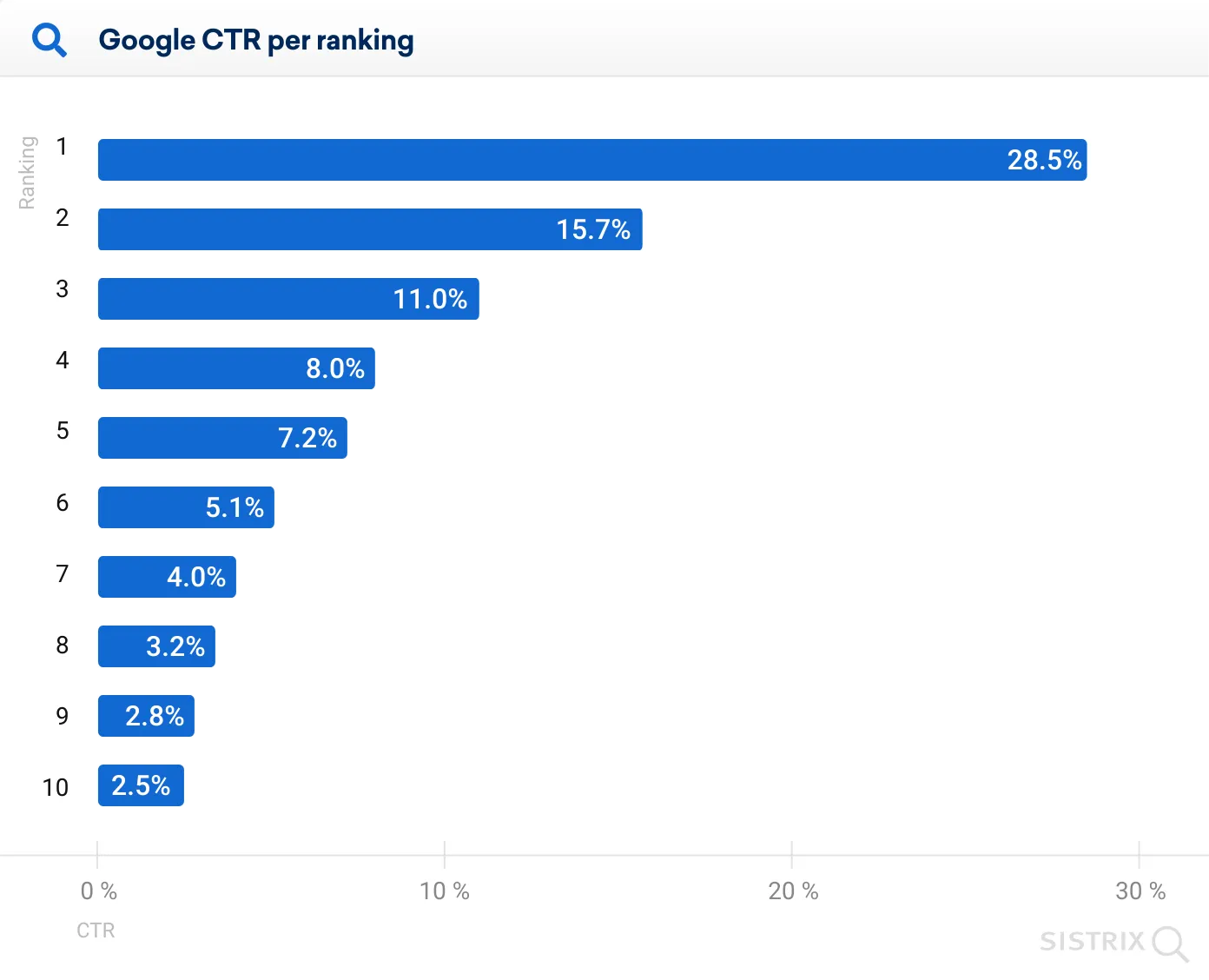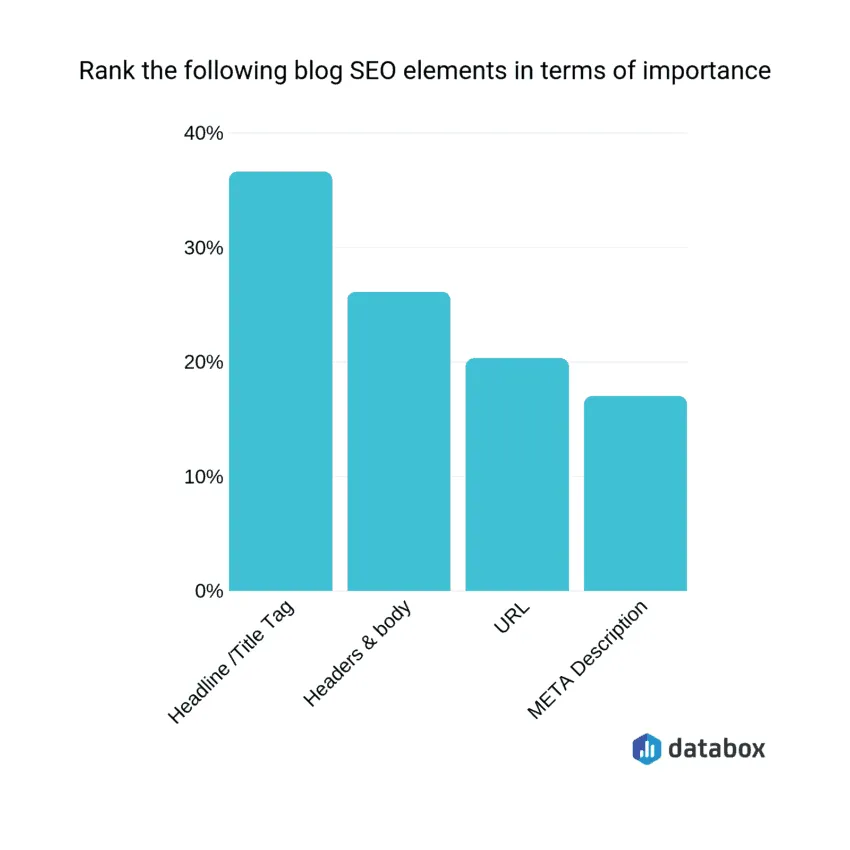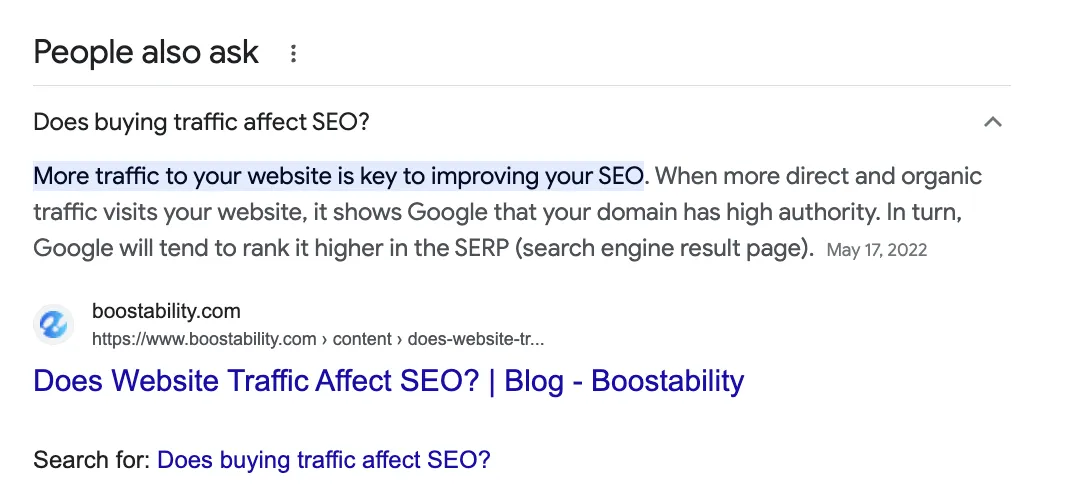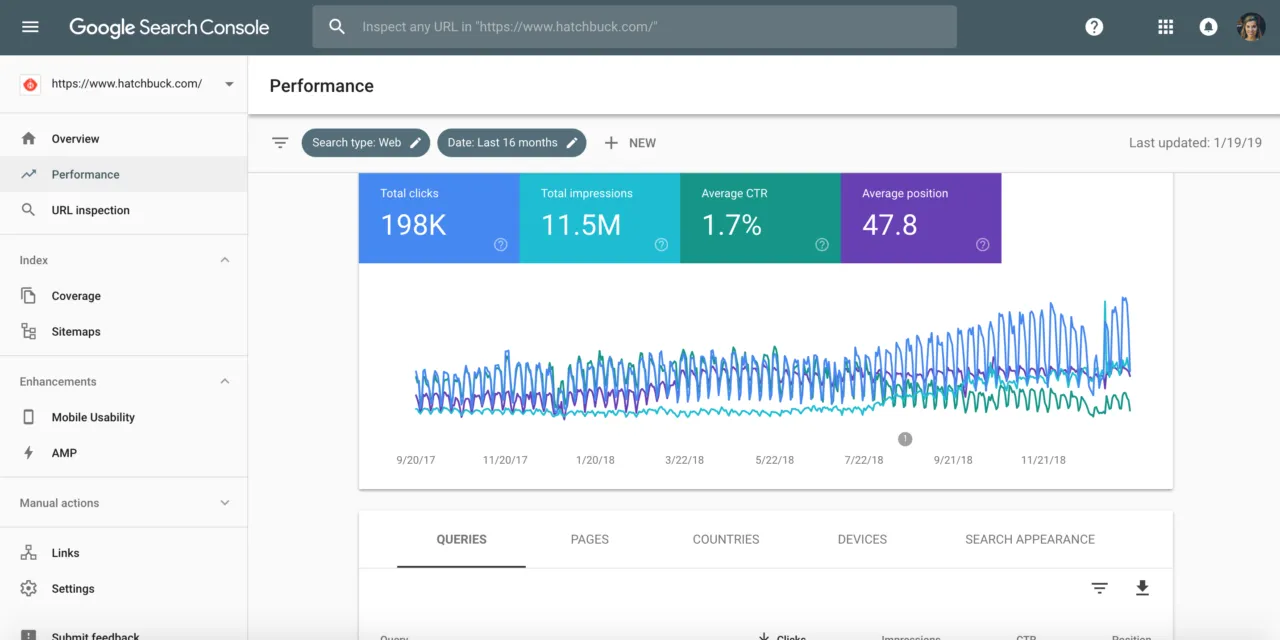Mastering CTR Manipulation: A Comprehensive Guide For 2025
Last Updated: 13 June 2023
Introduction
In the digital battlefield, your website is your hero. To make it stand out among competitors, use CTR Manipulation. It's an age-old tactic that boosts your click-through rate (CTR), getting more people to click on your website and improving visibility and rankings.
Implement it through optimized tags, compelling headlines, relevant content, CTR Traffic bots, and paid advertising. Gain an edge in the crowded online world with CTR Manipulation.
What is CTR Manipulation?
CTR Manipulation is optimizing click-through rates by employing various techniques to encourage users to click on a website's search engine result.
The primary goal: is to attract higher traffic volumes, enhance user engagement, and improve search engine rankings. By carefully analyzing user behavior and making strategic adjustments, website owners can increase their chances of earning clicks and conversions.
Understanding the Importance of CTR
How does CTR impact search rankings?
Click-through rate is crucial in search engine optimization (SEO), providing search engines with valuable signals about a website's relevance and user satisfaction. Search engines like Google consider CTR to indicate the quality and relevance of a website's content.

Websites with higher CTRs are often perceived as more valuable to users, leading to improved rankings in search results.
The Role of CTR in user behavior analysis
CTR also serves as a vital metric in user behavior analysis. It helps website owners measure the effectiveness of their content, meta descriptions, and headlines in capturing users' attention.
By monitoring and analyzing CTR data, website owners can identify areas for improvement and tailor their content to meet users' needs and expectations better.
Unraveling Factors Influencing CTR
Relevance of meta titles and descriptions
Meta titles and descriptions are the first touchpoints users encounter in search results. Crafting compelling and relevant meta tags can significantly impact CTR. When creating meta titles, it's essential to include the target keyword and provide a concise, accurate representation of the content.
Furthermore, meta descriptions should be informative, engaging, and contain a call-to-action to entice users to click through.
Importance of compelling headlines
Headlines are key in catching users' attention and influencing their decision to click. A well-crafted headline should be straightforward, compelling, and evoke curiosity.

"A study discovered that 36% of SEO specialists consider the SEO page title, which is the title displayed in search results, as the most crucial element for optimizing on-page content." Source: DataBox
Incorporating powerful words, emotional triggers, and numbers/statistics can make headlines more enticing, increasing the likelihood of attracting clicks.
Optimizing URL structure
A clean and user-friendly URL structure can also contribute to improved CTR. Short, descriptive URLs that indicate the page's content tend to perform better in search results. Including relevant keywords in the URL can enhance visibility and entice users to click.
Using rich snippets and structured data
Rich snippets and structured data offer extra details about a website's content directly within search results. Employing schema markup to incorporate rich snippets can boost the visibility and appeal of search listings, thereby increasing the likelihood of generating clicks.
Sample snippet from Google for the search query "buy SEO traffic":

Crafting Engaging Meta Descriptions
Techniques to write compelling meta descriptions
Crafting compelling meta-descriptions requires a combination of creativity and strategic thinking. To write compelling meta descriptions:
- Highlight the unique value proposition of the content.
- Use action-oriented language to encourage users to take action.
- Include relevant keywords naturally to improve visibility.
- Keep the description concise and within the recommended character limit.
Examples of click-worthy meta descriptions
"Discover the secrets of CTR Manipulation and unlock your website's full potential. Increase your click-through rates and dominate search rankings with proven strategies."
"Boost your online visibility and attract more traffic with CTR Manipulation. Learn the art of captivating meta descriptions and compelling headlines for higher click rates."
Creating Irresistible Headlines
The art of writing captivating headlines
Writing captivating headlines is an essential skill in CTR Manipulation. Consider the following tips to create headlines that grab attention:
- Use numbers or statistics to make your headline more specific and intriguing.
- Incorporate powerful words that evoke emotions and curiosity.
- Address a problem or offer a solution to resonate with users.
- Keep headlines concise while maintaining clarity and relevance.
Using power words and emotional triggers
Powerful words and emotional triggers can significantly impact the effectiveness of headlines. By appealing to users' emotions, headlines become more engaging and persuasive.
Examples of powerful and emotional triggers
| Exclusive | Proven | Powerful | Practical |
| Essential | Effective | Revolutionary | Best |
| Guaranteed | Exclusive | Incredible | Top |
| Free | Expert | Revealing | Insider |
| Revealed | Secret | Success | Insider |
| Boost | Quick | Easy | Exclusive |
| Discover | Uncover | Unleash | Proven |
| Amazing | Instant | Sensational | Irresistible |
| Jaw-dropping | Top-rated | Unbeatable | Game-changing |
| Exceptional | Valuable | Must-have | Breakthrough |
| Mind-blowing | Breakthrough | Game-changing | Exclusive |
Incorporating numbers and statistics
Numbers and statistics add credibility and specificity to headlines, making them more compelling.
Examples of click-worthy meta titles
5 Secrets to Skyrocket Your Click-Through Rates and Dominate CTR Manipulation
Discover the Proven Formula: 7 Techniques for Effective CTR Manipulation
The Ultimate Guide to Mastering CTR Manipulation: 10 Strategies for Success
Enhancing URL Structure for Improved CTR
The impact of user-friendly URLs
User-friendly URLs enhance the overall user experience and can positively influence CTR. Short, descriptive URLs that reflect the page's content make it easier for users to understand and navigate a website.
Best practices for optimizing URL structure
To optimize your URL structure for improved CTR:
- Keep URLs concise and relevant.
- Use hyphens to separate words.
- Include the target keyword naturally in the URL.
- Avoid using unnecessary parameters or session IDs.
- Ensure URLs are consistent and reflect the site's hierarchy.
Leveraging Rich Snippets and Structured Data
Introduction to rich snippets and structured data
Rich snippets are enhanced search listings that provide additional information about a webpage. Structured data, implemented using schema markup, enables search engines to understand and present this information accurately.
By leveraging rich snippets, website owners can increase their visibility and attract more clicks.
Implementing schema markup for enhanced visibility
Implementing schema markup involves adding structured data to a website's HTML code. This data gives search engines context about the content, allowing them to display rich snippets. By incorporating schema markup, website owners can enhance their search presence, increase visibility, and entice users to click through.
Full Guide - How to implement rich snippet HTML codeCTR Manipulation and Organic CTR
Understanding organic click-through rate (oCTR)
Organic click-through rate (oCTR) refers to the percentage of users who click on a website's search result when it appears in search listings. A higher oCTR indicates that more users find the website's listing relevant and compelling enough to click on.
Measuriung CTR with Google Search Console

Within Google Search Console, you can access the "Performance" report, which displays data on impressions, clicks, CTR, and average position for your website's pages in search results. The CTR metric in Search Console helps you understand how often your pages are clicked on when they appear in search results.
You can analyze CTR data in Search Console at various levels, such as overall website performance, specific pages, queries (keywords), countries, and devices. Allowing you to identify opportunities for improvement, optimize your content, and monitor the impact of any changes you make to increase CTR.
Google Search Console is a powerful tool for understanding how your website is performing in organic search and optimizing your pages for better visibility and higher CTR.
Buy Google Search Console Clicks
Skyrocket Your CTR! with High-Quality Clicks Today!
How to measure and improve oCTR
You can measure oCTR by using different tools that keep track of how often people see your search results and click on them. The best tool for measuring CTR or oCTR is Google Search Console. It provides helpful information about your website's performance and helps you improve your ranking for specific keywords.
To increase the CTR on your website, you can:
- Optimize meta titles and descriptions for increased relevance and attractiveness.
- Test different headlines and meta descriptions to identify the most effective ones.
- Continuously monitor and refine content to ensure it meets users' expectations.
- Buy search engine results page (SERP) traffic to increase your click-through rate (CTR) on Google search and improve your overall CTR.
Busting Myths About CTR Manipulation
Myth #1: CTR Manipulation leads to penalties
Contrary to popular belief, CTR Manipulation does not lead to penalties from search engines. Website owners can safely optimize their click-through rates without fearing penalties if the techniques are within ethical boundaries and do not involve deceptive practices.
Myth #2: CTR Manipulation is unethical
When conducted ethically, CTR Manipulation is a legitimate optimization strategy. The goal is to attract genuine clicks from users interested in the content, improving user experience and search rankings.
Myth #3: CTR Manipulation guarantees top rankings
While CTR Manipulation can contribute to improved search rankings, it is not a guarantee for top positions. Search algorithms consider various factors, including relevance, quality, and user signals, to determine rankings.
CTR Manipulation should be considered part of a comprehensive SEO strategy rather than a standalone solution.
Conclusion
CTR Manipulation is a powerful strategy that can significantly impact a website's click-through rates and search rankings. By implementing proven techniques, such as optimizing meta tags, purchasing SERP traffic, crafting engaging headlines, enhancing URL structure, and leveraging rich snippets, website owners can unlock the secrets to boosting CTR and driving more organic traffic.
However, when website owners purchase SERP traffic, they can generate additional clicks and visits to their site. This influx of traffic not only boosts CTR but also sends positive signals to search engines, indicating that the website is relevant and valuable to users. As a result, search engines may reward the site with higher rankings in search results, leading to even more organic traffic.
Frequently Asked Questions (FAQs)
Can CTR Manipulation work for all types of websites?
Yes, CTR Manipulation techniques can be applied to various types of websites, including e-commerce sites, blogs, news portals, and more. The key is to tailor the strategies to align with the specific goals and target audience of each website.
Are there any risks involved in CTR Manipulation?
When conducted ethically and within search engine guidelines, the risks associated with CTR Manipulation are minimal. However, using deceptive tactics or engaging in click fraud can lead to severe consequences, including penalties and a damaged online reputation. Therefore it's highly recommended to use a professional CTR Manipulation service to avoid any risks.
Can CTR Manipulation boost conversions?
While CTR Manipulation primarily focuses on improving click-through rates, it can indirectly impact conversions. By attracting more qualified traffic and enhancing user engagement, the likelihood of conversions increases.
How long does it take to see results from CTR Manipulation?
The time it takes to see results from CTR Manipulation can vary depending on various factors, including the competitiveness of the industry and the effectiveness of the implemented strategies. It is essential to be patient and continuously monitor and optimize to achieve long-term success.
What are some alternative strategies to improve CTR?
Aside from CTR Manipulation, there are several alternative strategies to improve CTR, such as optimizing page load speed, enhancing mobile responsiveness, improving website usability, creating compelling content, and leveraging social proof elements.